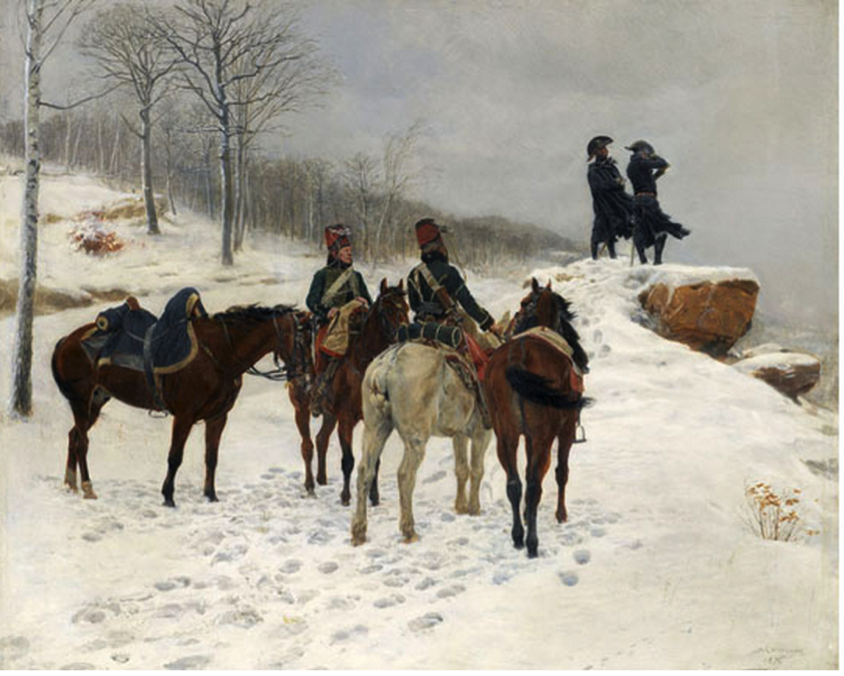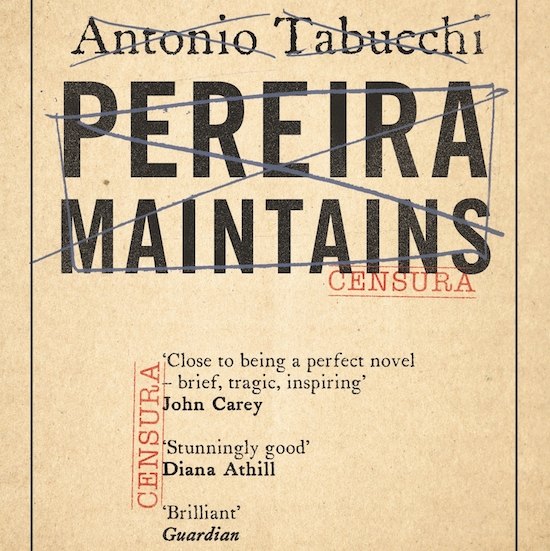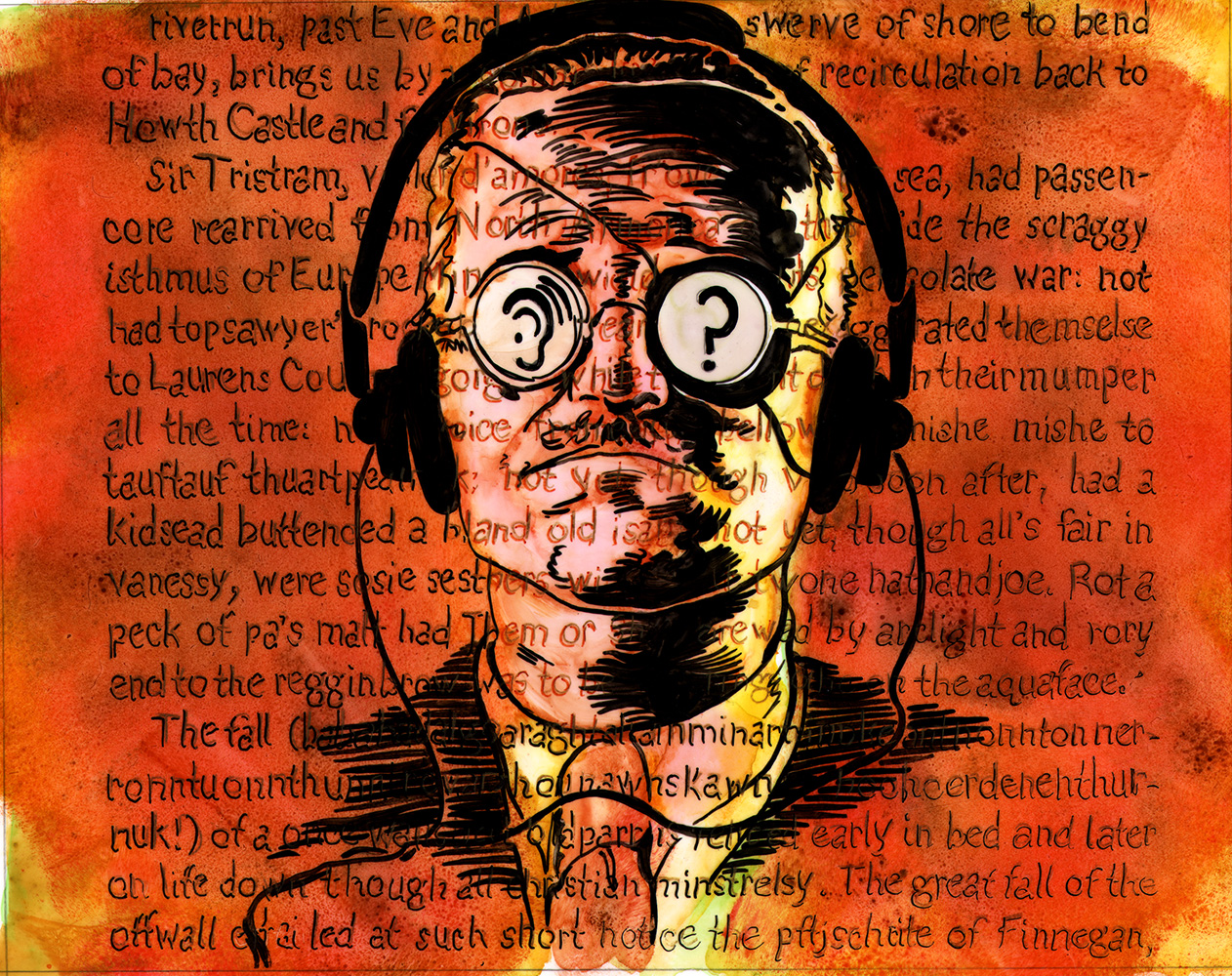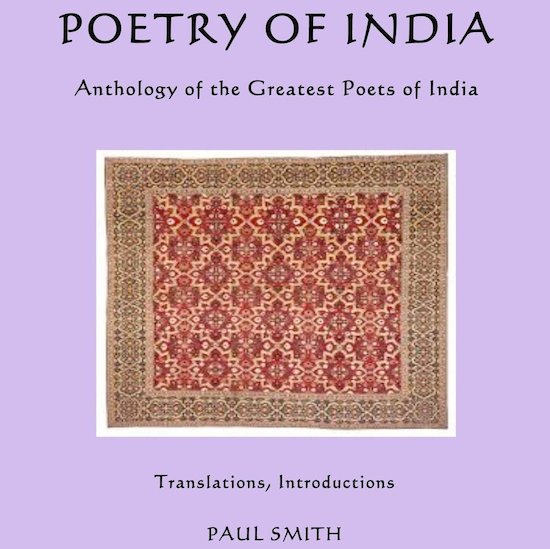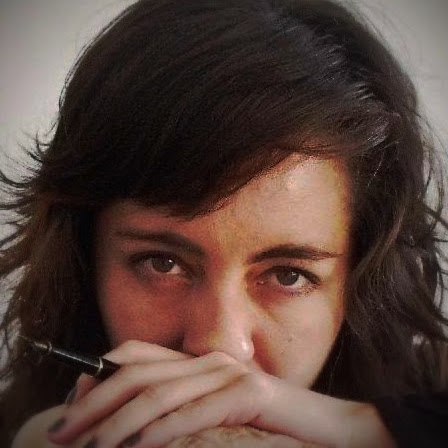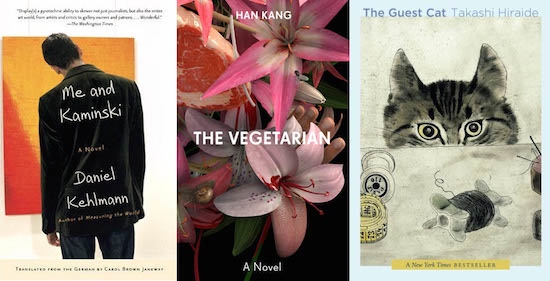I first came across Theo Dorgan’s work in a charming anthology of art writing from the National Gallery of Ireland, Lines of Vision (Thames & Hudson, 2014). A group of acclaimed Irish novelists and poets wrote about which paintings had most affected them as artists. Dorgan chose an evocative little history painting by Ernest Messionier, Group of Cavalry in the Snow: Moreau and Dessoles before Hohenlinden (1875), depicting two of Napoleon’s generals contemplating their chances on the eve of the wintry battle of Hohenlinden in December of 1800. It’s an intimate scene, and its effect, as described in rapturous detail by Dorgan, especially its effect on the imagination of a young boy, is enchanting:
There’s a self riding down out of the picture, no two selves. One of them
stolid and wary, wondering what these damn officers are about to get
us into…my mind is full of the coming battle, my sympathies with men
breathing this cold air tonight who will not be breathing it tomorrow…
All this and so much more, so very much more, out of one small
painting—and I close my eyes for one brief instant, leaving the gallery,
not sure when I open them where I shall find myself, on a Dublin street,
so long familiar, or on a wooded slope with a sky fill of lead-heavy snow
above my head, hearing the creak of leather beneath me, feeling the
solid heat of the animal bearing me down off that crest towards some
tomorrow at once unknown, unknowable and absurdly unfamiliar.
Dancing with the child I was, cheating the monoworld. READ MORE…

